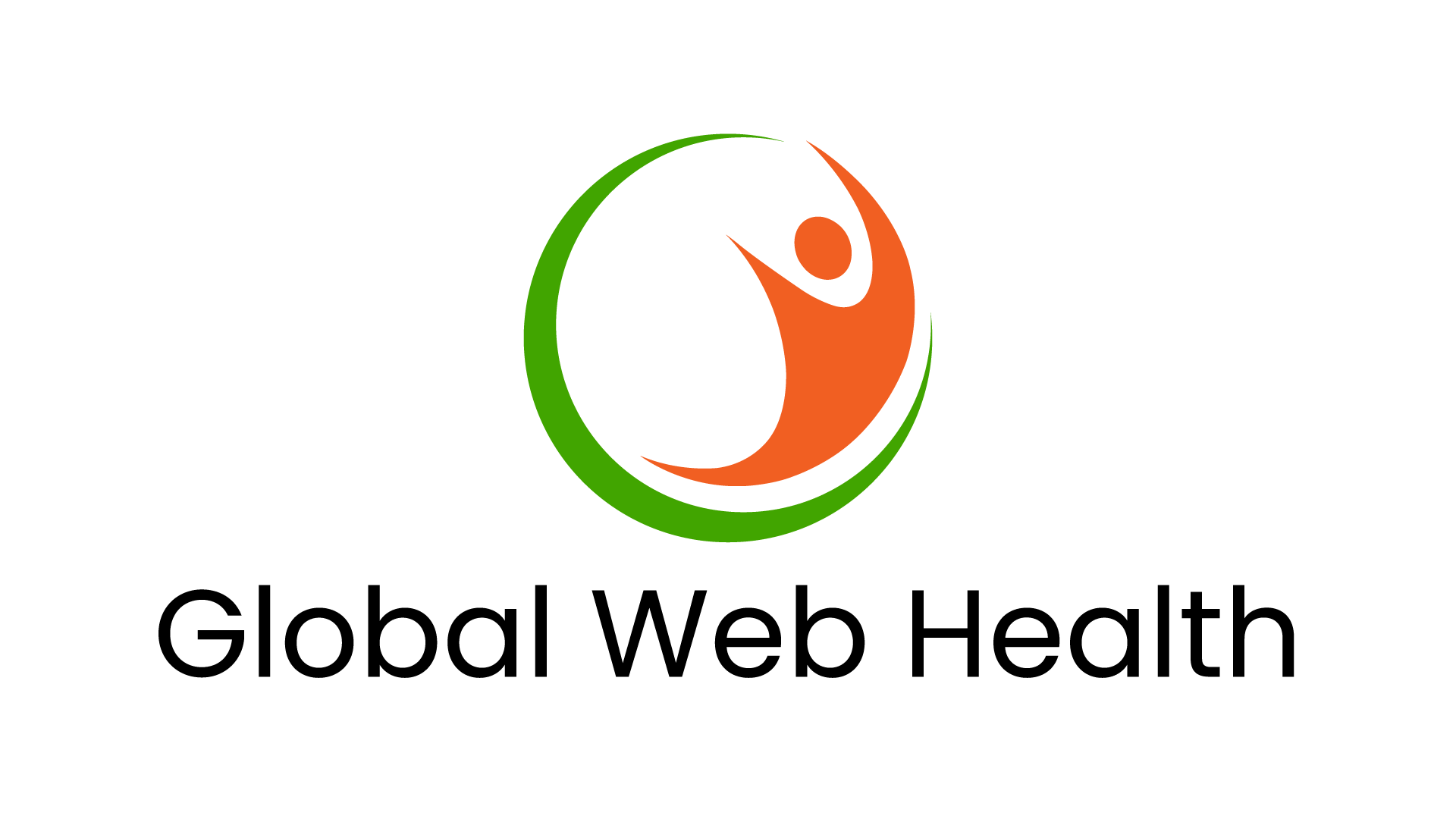The number of individuals suffering from mental health issues, including anxiety and sadness, has risen dramatically in recent years. These diseases can greatly impair a person’s capacity to enjoy life and operate. Awareness increases the need for efficient treatment choices as well. Of the several strategies at hand, medications for anxiety and depression have grown to be a frequently recommended way to control symptoms and support mental stability.
How Anxiety & Depression Medications Function in the Brain
Knowing how medicine for anxiety & depression works might help lower stigma and build confidence in pharmacological therapy. Usually, these drugs balance brain neurotransmitters such as serotonin, dopamine, and norepinephrine, which affect mood, stress levels, and emotional reactions. Among the most often used tablets for anxiety and depression are selective serotonin reuptake inhibitors (SSRIs), serotonin-norepinephrine reuptake inhibitors (SNRIs), and benzodiazepines, each of which targets distinct chemical pathways to alleviate symptoms.
Pills for Anxiety and Depression: Types and Advantages
Pills for anxiety and depression come in many different kinds, each with its advantages. Often used as a first-line therapy, SSRIs such as fluoxetine and sertraline have shown effectiveness and fairly modest side effects. SNRIs like venlafaxine might provide dual-action treatment for people suffering from anxiety and depression. Conversely, while usually advised for short-term usage due to the danger of reliance, benzodiazepines offer quick relief from severe anxiety. Knowing the appropriate drug for anxiety & sadness is crucial and should always be spoken about with a qualified medical practitioner.
Possible Side Effects and Expectant Management
Although anxiety & depression drugs can be life-altering, one should realize that these tablets could have negative effects. Particularly in the first several weeks of treatment, typical problems include nausea, tiredness, weight gain, or sleep disruptions. Some adverse effects fade after a few weeks. Hence, it’s also vital to let your body adjust. Not everyone responds to anxiety and depression medications in the same manner; finding the correct dose and drug could take time.
Complementary Therapies Alongside Medication for Anxiety and Depression
Sometimes medication is not the whole answer. Often, the best course of action combines medication for anxiety and sadness with lifestyle modifications and therapy. Regular physical exercise, cognitive behavioral therapy (CBT), mindfulness techniques, and good nutrition can all improve the efficacy of medication for anxiety & depression. A comprehensive approach usually results in better results and enables people to restore equilibrium in their lives.
When to Think About Beginning Pills for Depression and Anxiety
Choosing to start medication for anxiety & depression is very personal and should be done in conjunction with a mental health expert. Persistent melancholy, panic attacks, everyday task coping difficulties, sleep disturbances, or suicidal thoughts are among warning indicators that medication could be required. Many people find that medications for anxiety and sadness give them a vital basis from which to restore their mental and emotional well-being.
A Reasonable and Informed Approach Toward Mental Health Recovery
In the end, using medications for anxiety and sadness is about making room to heal rather than hiding feelings. For those whose problems affect daily life, medication for anxiety & depression may be necessary for healing. Staying educated, cooperating closely with doctors, and accepting a treatment plan suited to particular requirements are all essential.
Conclusion:
Examining medication for anxiety and sadness is a good move toward mental stability and a better life. When correctly given and controlled, these drugs can greatly lower symptoms and enhance everyday functioning. Should you be thinking about medicine for anxiety & sadness, always check with a knowledgeable healthcare professional to guarantee safety and efficacy. Visit directpilluk.com, a dependable source for mental health support, for additional information and access to trusted solutions.

